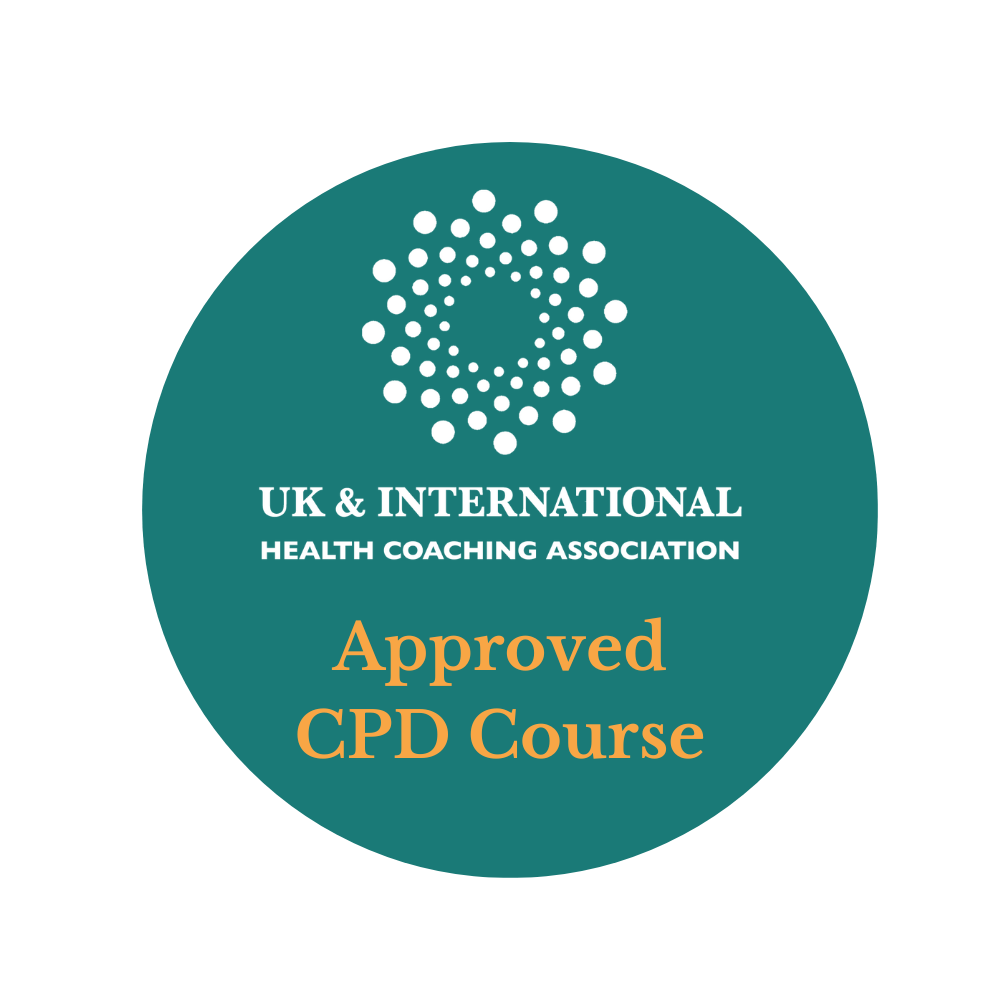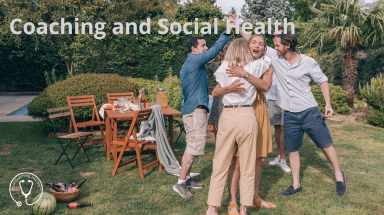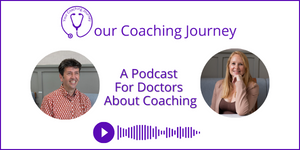Prefer to listen?
This blog post is taken from our podcast on social health which you can listen to here.
When we think about wellbeing, conversations often revolve around nutrition, exercise, sleep, and stress management. These are essential pillars of a healthy life, but one pillar is often overlooked: social health. Our relationships and social connections play a profound role in shaping our overall wellbeing, yet they don’t always get the attention they deserve.
The Importance of Social Wellbeing
At its core, social wellbeing is about the quality of our relationships—both personal and professional—and the sense of connection we feel with others. Martin Seligman, the father of Positive Psychology, identified relationships as one of the foundational elements in his PERMA model of wellbeing.
Humans are social creatures, thriving on love, intimacy, and connection.
The longest-running study on adult development, originally The Grant Study, now called The Harvard Study of Adult Development, and had been running since 1938 and has shown that close, meaningful relationships are key to a happy, healthy life. The study revealed three critical lessons:
- Social connections improve health and longevity, while loneliness can be a killer.
- The quality of relationships matters more than the quantity—close, supportive bonds have the most significant impact.
- Good relationships protect not only physical health but also cognitive function.
The Levels of Connection
Not all relationships are created equal, and understanding their depth can help us prioritise and nurture the right ones. Picture a pyramid of social connection:
- The Base: Casual connections, like nodding to a neighbour or having small talk at work. These interactions might feel superficial, but they contribute to a sense of belonging.
- Middle Layers: Relationships where opinions and emotions are shared —friends, colleagues, and teammates.
- The Peak: Deep, trusting relationships where vulnerability and authenticity flourish. These are the connections that profoundly support our social health.
Aristotle classified friendships similarly, describing
- friendships of utility (based on mutual usefulness),
- pleasure (shared activities),
- and virtue (deep respect and shared values).
It’s these friendships of virtue that endure and enrich our lives most.
Why Social Health Matters
Our need for connection isn’t optional; it’s fundamental. Neuroscientist Matt Lieberman argues that social needs, like love and belonging, are as essential as physical needs. After all, humans wouldn’t survive infancy without care and connection.
Naomi Eisenberger, has explored the neuroscience of rejection, showing that emotional pain activates brain regions similar to physical pain. This underscores why loneliness and isolation feel so damaging—they literally hurt.
The Role of Coaching in Social Health
Coaching can be a powerful tool for exploring and improving social health. Coaches can:
- Help clients identify and cultivate their “dream team” of supportive individuals.
- Encourage clients to seek support and build networks beyond the coaching relationship.
- Guide clients to reflect on the impact of their social connections on their overall wellbeing.
Building and Strengthening Social Health
Coaching and lifestyle interventions can encourage individuals to reflect on their relationships and take steps to enhance their social wellbeing. Here’s how:
- Assess Your Social Network
- Who are the key people in your life?
- Who provides emotional or practical support?
- Are there gaps in your support network?
- Nurture Relationships
- Use a gardening metaphor to evaluate your social ties:
- Which relationships need more nurturing?
- Which ones could benefit from pruning or setting boundaries?
- Are there toxic relationships you need to weed out?
- Invest in Deeper Connections
- Build trust and be willing to show vulnerability. As Brené Brown highlights, vulnerability is the foundation of trust and meaningful connection.
- Seek opportunities for shared activities or interests that foster closer bonds.
- Start Small
- Join a new class or group activity to meet people with shared interests.
- Engage in small acts of connection, like initiating conversations or expressing appreciation.
The Hidden Costs of Avoiding Connection
Fear of judgment, shame, or rejection often prevents people from seeking help or deepening relationships. Yet, as Brené Brown reminds us, connection is what gives life meaning. When we resist vulnerability, we miss opportunities for the very connections that make us resilient and fulfilled.
A Final Invitation
Think of your social health like tending a garden:
- What relationships need watering and care?
- Which ones should be pruned or reshaped to thrive?
- Are there toxic connections that should be weeded out?
By giving attention to your social health, you’re not only investing in your relationships but also in your overall wellbeing. Start small, stay intentional, and remember that meaningful connections take time, trust, and effort.
Your social wellbeing is a cornerstone of a fulfilling life—let’s make it flourish.
Both our Doctors’ Transformational Coaching Diploma and our Transformational Coaching Diploma for Lifestyle Medicine cover aspects of coaching for wellbeing. Take a look and get in touch if you have any questions about either.
The Transformational Coaching Diploma is
Approved by the UK & International Health Coaching Association for the purposes of Continuing Professional Development (CPD).


The Transformational Coaching Diploma is
Accredited By:

Policies & Disclosures
Provider of The Transformational Coaching Diploma For:




Copyright © 2020 – 2024 Your Coaching Journey Limited | All Rights Reserved
Registered in England & Wales | Company Number 13233094
Registered Office: 13 Edyvean Close, Rugby, Warwickshire, CV22 6LD
V.A.T. Reg. No. 450175416



